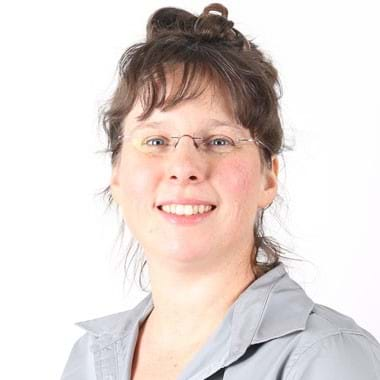Field tests on the potential of pelleted grocery fruit and vegetable waste as fertilizer and animal feed

Christine Landry
Researcher, agr., Ph.D.
418 643-2380
ext 640
Description
The purpose of this project was to field-test pelleted grocery fruit and vegetable waste as a fertilizer or high-carbon soil amendment. The project also tested the pellets as a pig feed ingredient. The waste was collected from grocery stores in the area. IRDA was responsible for treating and pelleting the waste.
Objective(s)
- Evaluate the following characteristics of the pelleted grocery fruit and vegetable waste:
- Physical and chemical characteristics after crushing, pressing, and pelleting operations
- Value of the pellets as nitrogen and potassium fertilizer
- Value of the pellets as a high-carbon soil amendment and microbial stimulant
- Value as an ingredient in pig feed
From 2016 to 2017
Project duration
Waste conversion
Service
This work will help identify potential agricultural applications for produce discarded by grocers.

Partners
IGA Buteau et Fils | IGA des Sources | Metro Saint-Augustin | Metro Donnacona | Metro Richelieu
This may interest you
Installing and operating a hydrometric station at Ruisseau aux Castors
IRDA has been mandated to design, install, and operate a hydrometric station at the watershed outlet of Ruisseau aux Castors in the Brome-Missisquoi regional county municipality.
Researcher: Simon Ricard

Improving molecular techniques for identifying pests to meet the diagnostic needs of the agricultural industry in the context of climate change
Barcoding can be used to obtain DNA sequences from specimens kept in the official Québec government insect collection and compare these sequences with those from field-caught specimens.
Researcher: Annabelle Firlej

GIS tool kit to support municipal drain management in preparation for climate change
The purpose of this project was to develop a set of spatially referenced tools for watercourse managers and those in charge of planning sustainable, environmentally friendly improvements to water systems.
Researcher: Aubert Michaud, retraité


